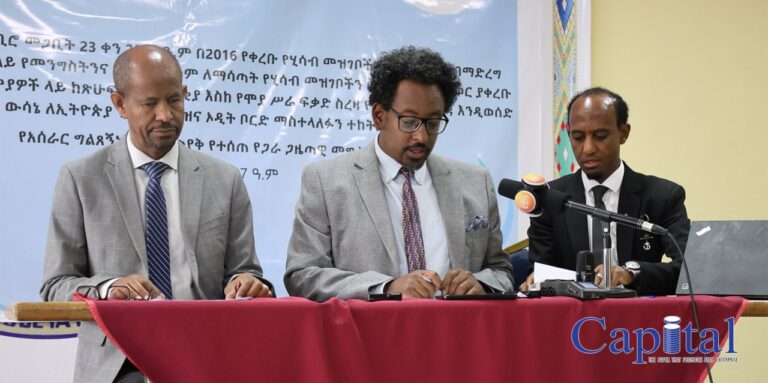A forensic document analysis has cast doubt on the authenticity of a key signature in a high-stakes ownership dispute involving BGI Ethiopia Plc, a leading brewery in the country. The investigation, conducted by Pro Script, a forensic document analysis firm, focused on signatures attributed to Zewdnesh Getahun in a 2001 meeting minutes document.
Zewdnesh has filed a lawsuit against BGI Ethiopia for over 8 million birr, alleging that her 27% ownership stake was illegally transferred through a forged document. The forensic report compared the questionable signatures with sample signatures from Zewdnesh dating back to 2003 and up to 2024.
The forensic examiner identified significant “handwriting differences” between the disputed signatures and the known samples. These discrepancies included variations in letter arrangement, attachment, shape, size, and writing style. While some similarities were noted, such as inclination and alignment, they were deemed insufficient to establish authenticity.
However, the analysis faced limitations due to the use of copied documents and differences in writing styles—Amharic type in the samples versus cursive Western script in the disputed document. Additionally, the sample signatures were written at different times, with the earliest sample dated two years after the disputed signature.
Considering these findings and limitations, the forensic examiner concluded that the evidence suggests the person who wrote the sample signatures was likely not the same person who wrote the questionable signatures in the 2001 meeting minutes. This analysis could prove pivotal in the ongoing legal battle.
Zewdnesh claims she co-founded BGI Ethiopia and that her shares were illegally transferred after Brasseries International Holding Limited (BIH) acquired shares in the company. Her lawsuit seeks recognition of his ownership rights and payment of unpaid dividends.
The dispute has sparked a heated legal debate, with BGI Ethiopia arguing that the case is time-barred under contract law, while Zewdnesh’s team contends it is a matter of property rights, not subject to the same time limits. The case continues to unfold in the Federal First Instance Court, with significant implications for BGI Ethiopia.







